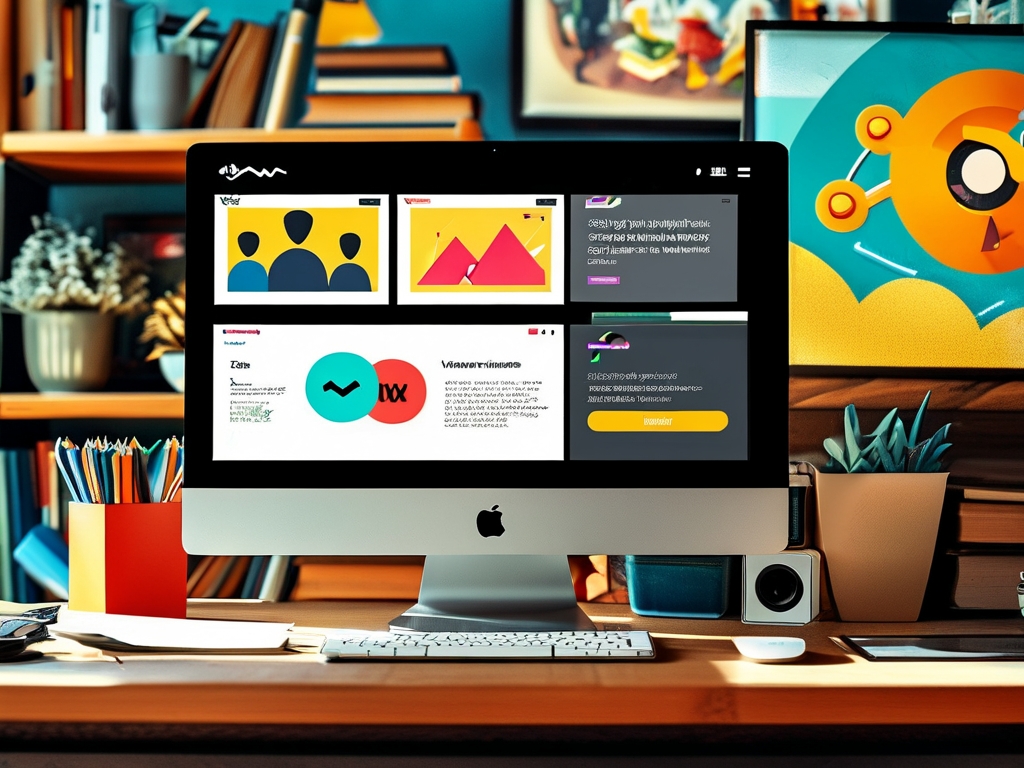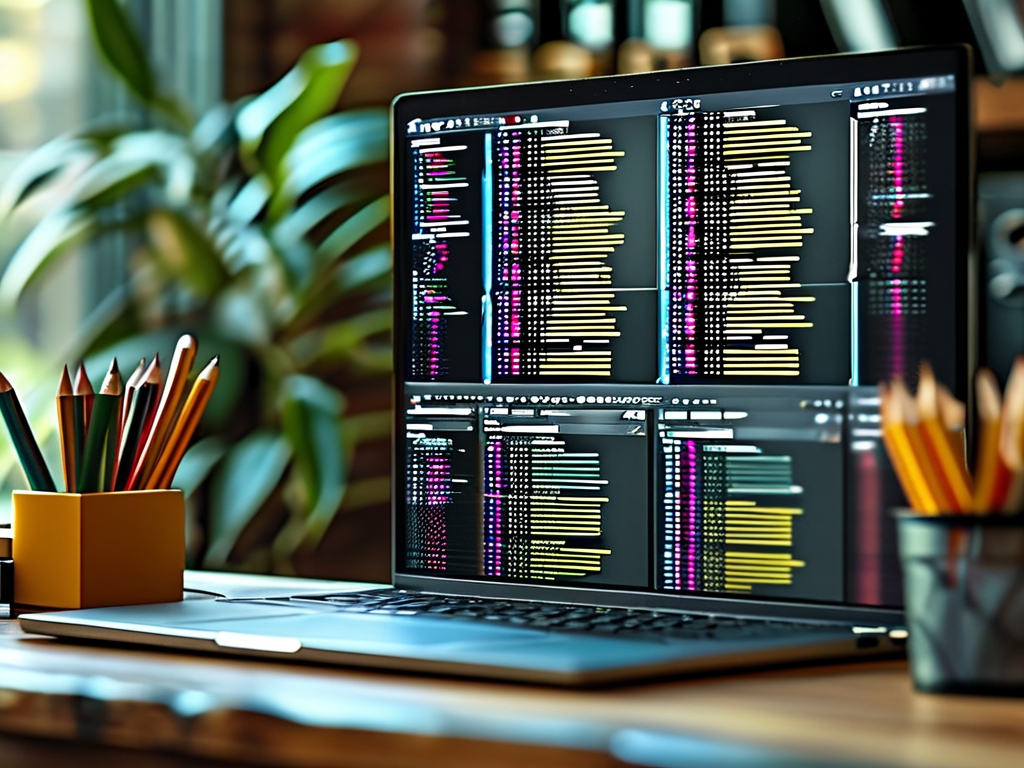Preparing for a front-end developer interview can be both exciting and nerve-wracking. With the rapid evolution of web technologies, interviewers often test candidates on a mix of foundational knowledge, problem-solving skills, and hands-on coding abilities. In this article, we’ll explore common front-end interview questions, categorized by key topics, to help you ace your next interview.
1. HTML & CSS Fundamentals
HTML and CSS form the backbone of web development. Expect questions like:

- "Explain the box model in CSS."
The box model describes how elements are structured, including margins, borders, padding, and content. Interviewers may ask you to calculate the total width of an element given specific values. - "What’s the difference between
display: noneandvisibility: hidden?"
While both hide elements,display: noneremoves the element from the document flow, whereasvisibility: hiddenretains its space. - "How do you center a div vertically and horizontally?"
Solutions range using Flexbox (display: flex; justify-content: center; align-items: center;) to CSS Grid or absolute positioning.
2. JavaScript Core Concepts
JavaScript questions often dive deep into language mechanics:
- "What is a closure? Provide an example."
A closure is a function that retains access to its lexical scope even when executed outside it. Example:function outer() { let count = 0; return function inner() { count++; return count; }; } const counter = outer(); console.log(counter()); // Output: 1 - "Explain event delegation."
Event delegation leverages event bubbling to handle events at a parent level, improving performance for dynamic elements. - "What is hoisting?"
JavaScript moves variable and function declarations to the top of their scope during compilation, though variables initialized withlet/constremain uninitialized until their declaration.
3. Framework-Specific Questions (React, Vue, Angular)
If the role involves a specific framework, be ready for targeted questions:

- React: "What is the virtual DOM?"
The virtual DOM is a lightweight copy of the real DOM, enabling React to optimize updates by calculating the minimal changes needed. - Vue: "How does Vue’s reactivity system work?"
Vue uses getters/setters to track dependencies and trigger re-renders when data changes. - Angular: "What is dependency injection?"
A design pattern where components receive dependencies from external sources rather than creating them internally.
4. Algorithms and Data Structures
Front-end roles increasingly require algorithmic problem-solving:
- "Reverse a string without built-in methods."
A common solution involves iterating backward:function reverseString(str) { let reversed = ''; for (let i = str.length - 1; i >= 0; i--) { reversed += str[i]; } return reversed; } - "Find the first non-repeating character in a string."
This tests your ability to use hash maps for efficient lookups.
5. System Design and Architecture
Senior roles may include system design questions:
- "Design a responsive image gallery."
Discuss using CSS Grid/Flexbox, lazy loading, and optimizing images for different screen sizes. - "How would you optimize a slow-loading web app?"
Solutions include code splitting, caching strategies, and reducing render-blocking resources.
6. Behavioral and Scenario-Based Questions
Soft skills matter too:
- "Describe a challenging project you worked on."
Focus on your problem-solving process and collaboration. - "How do you handle disagreements with a team member?"
Emphasize communication and compromise.
Tips for Success
- Practice Coding Challenges: Use platforms like LeetCode or CodeSignal.
- Build Projects: Showcase your skills with a portfolio.
- Mock Interviews: Simulate real interview conditions.
By mastering these topics and practicing consistently, you’ll be well-prepared to tackle any front-end interview. Good luck!









